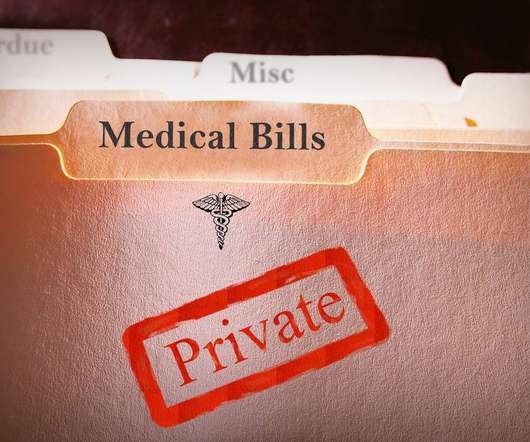How Much Debt is Needed to File for Bankruptcy?
Sawin & Shea
MARCH 9, 2022
Firstly, you need to understand the difference between unsecured and secured debts. Unsecured debts refer to debts that don’t have collateral. Secured debts refer to debts with collateral, like house payments and car payments. Will Bankruptcy Eliminate All of My Debts?
















Let's personalize your content